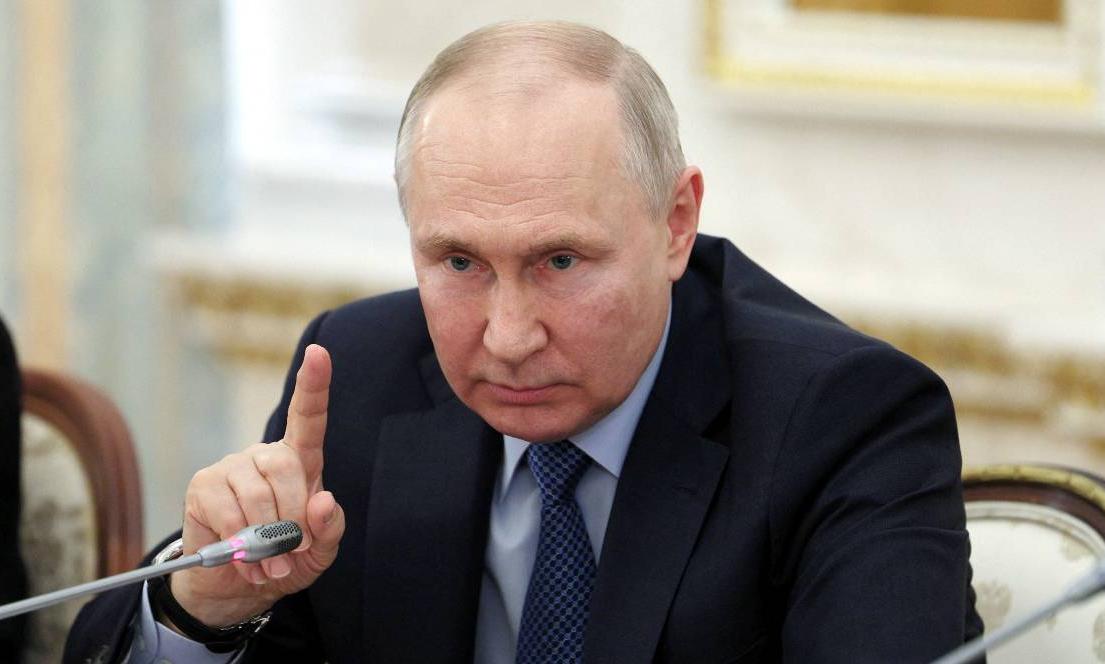
Putin accuses warlord of treason amidst uprising in major cities, vows to punish
text_fieldsMoscow: Russian President Vladimir Putin has accused Yevgeny Prigozhin, leader of the notorious Wagner group, of treason following an armed uprising against the Russian army. The warlord has successfully taken control of at least one major Russian city, prompting a state of emergency and heightened tensions across the nation.
Addressing the nation in an emergency televised speech on Saturday morning, President Putin expressed his anger and concern over the situation, declaring it an attempt to subvert the country from within. He condemned Prigozhin's actions as a betrayal to the troops and the people of Russia, referring to the uprising as a "stab in the back."
Videos circulated on social media showing Prigozhin at the headquarters of the Southern Military District in Rostov-on-Don, demanding the presence of Defense Minister Sergei Shoigu and Russia's top general, Valery Gerasimov. Prigozhin threatened to blockade Rostov and march towards Moscow if his demands were not met. Reports also emerged that Wagner fighters had seized control of military facilities in the city of Voronezh.
In response to Putin's accusations, Prigozhin released an audio note asserting that the president had misunderstood the situation and labelled him a traitor erroneously. He denied any intention of surrendering, claiming to be a patriot fighting against corruption and lies within the country.
Authorities in Moscow and its surroundings declared a "counterterrorism" state of emergency and cancelled all mass events. Prigozhin retaliated by alleging that Russian rockets had killed many of his fighters and vowing revenge against the military leadership. He declared control over 25,000 fighters and expressed a desire to bring an end to the chaos gripping the country.
Russian security services swiftly condemned Prigozhin, denouncing him for treachery and ordering his detainment. Senior military generals urged him to cease what they called a "coup." While some former military allies denounced Prigozhin's rebellion, his forces seemed to have taken control of Rostov without military resistance, raising questions about the loyalty of the armed forces.
The international community closely monitored the situation, with the British Defense Ministry describing it as Russia's most significant security challenge in recent times. The loyalty of Russia's security forces, particularly the Russian National Guard, was seen as crucial in determining the outcome of the crisis.
Observers and analysts noted that the current loyalty dynamics among military personnel remained uncertain. While the military hierarchy was expected to stand with the government, individual soldiers' reactions in the face of orders to open fire remained uncertain.
Some experts and advisers drew parallels to the Ukrainian conflict, suggesting that the Russian elites' internal split, intensified by their defeat in Ukraine, had led to the current destabilization. Mykhailo Podolyak, an adviser to Ukrainian President Zelenskiy, even went so far as to state that a civil war was unfolding in Russia.























